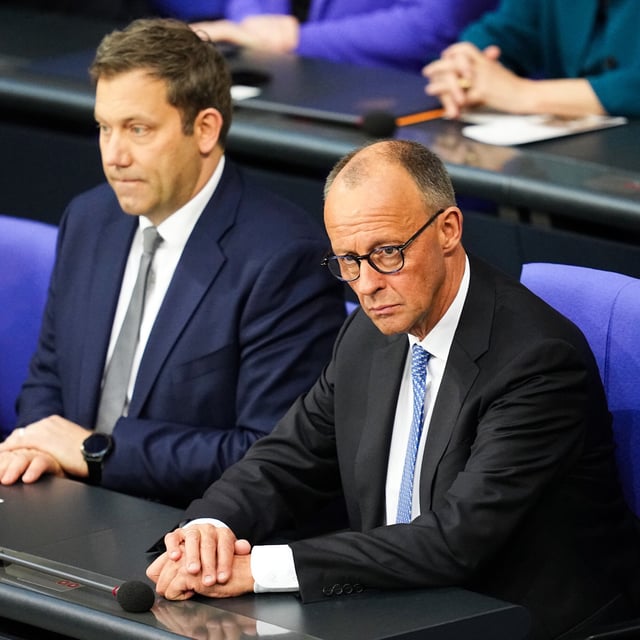Overview
- Union and SPD leaders urge coalition members to avoid public disputes, emphasizing the need for discipline and adherence to the coalition agreement.
- Labor Minister Bärbel Bas's proposal to expand pension contributions to civil servants and self-employed individuals has been rejected by Union officials as outside the coalition's agreed framework.
- The coalition's planned debt-brake reform commission faces internal skepticism, with CSU leader Alexander Hoffmann questioning its necessity and feasibility.
- Brandenburg Interior Minister Katrin Lange faces criticism over her dismissal of Verfassungsschutz chief Jörg Müller, with questions raised about her handling of the AfD's reclassification as a right-wing extremist group.
- Former Health Minister Karl Lauterbach transitions to a new role in the Bundestag’s Research, Technology, and Space Committee following the government change.



